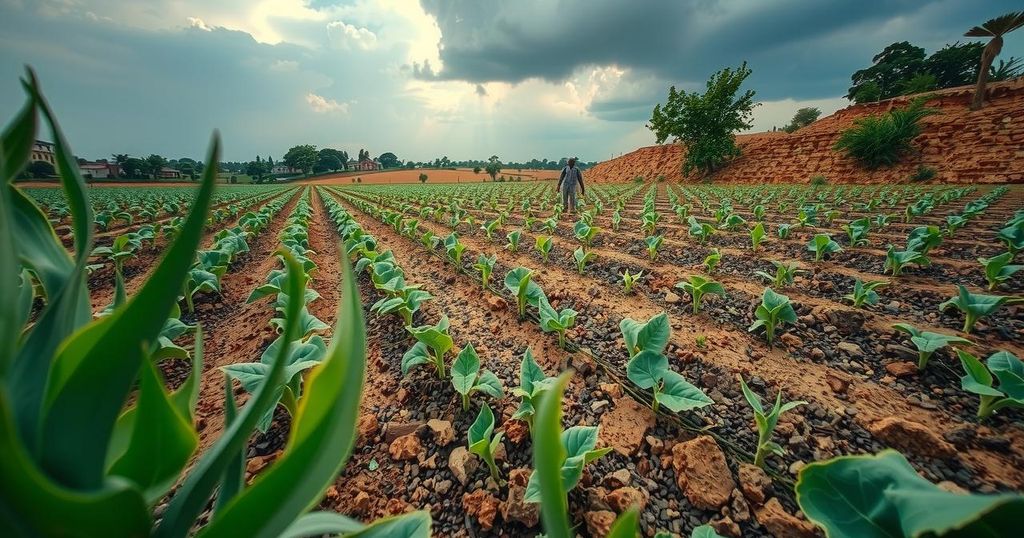Zimbabwean Farmers Thrive by Embracing Maggot Farming Amid Drought Challenges

Maggot farming is emerging as a viable solution for Zimbabwean farmers like Mari Choumumba, providing nutritionally rich feed for poultry and reducing costs amid ongoing droughts. This innovative approach repurposes organic waste into valuable resources, enhancing food security and environmental sustainability.
In Nyangambe, Zimbabwe, Mari Choumumba and fellow farmers faced skepticism when introduced to the concept of maggot farming. Initially viewed as unsanitary and associated with disease, the initiative, sponsored by government experts and USAID, soon gained traction as drought ravaged traditional crops like corn. Today, Choumumba resorts to maggots, which transform organic waste into a protein-rich feed for her poultry, reducing feed costs significantly and fostering agricultural resilience in a climate-challenged environment. With maggot farming, farmers are not only combating food scarcity but also addressing environmental concerns through waste recycling. This innovative approach is turning what once were despised insects into valuable assets, showcasing the capacity for adaptation in adverse conditions.
Zimbabwe has been grappling with severe droughts and agricultural challenges, particularly affecting maize cultivation, which is a staple crop in the country. The introduction of maggot farming, particularly utilizing black soldier flies, represents a transformative strategy for local farmers to enhance their food security and income. This method not only provides an affordable source of animal feed but also allows for the recycling of organic waste, thereby mitigating the environmental impacts associated with food waste and contributing to sustainable agricultural practices. Experts highlight the shift in perception regarding maggots, transforming them from pests to profitable farming resources in a country facing the dual threats of climate change and food scarcity.
The success of maggot farming among Zimbabwean farmers illustrates a remarkable adaptation to resilient agricultural practices amid climate disruptions. It reduces dependency on costly poultry feed while promoting waste management through organic recycling, ultimately benefiting the environment. Farmers like Mari Choumumba exemplify courage and innovation in overcoming stigma associated with maggot breeding, successfully turning this once-unpopular method into a lifeline for their households. The growing acceptance and adoption of maggot farming signal a positive step towards a more sustainable agricultural future in Zimbabwe.
Original Source: apnews.com







